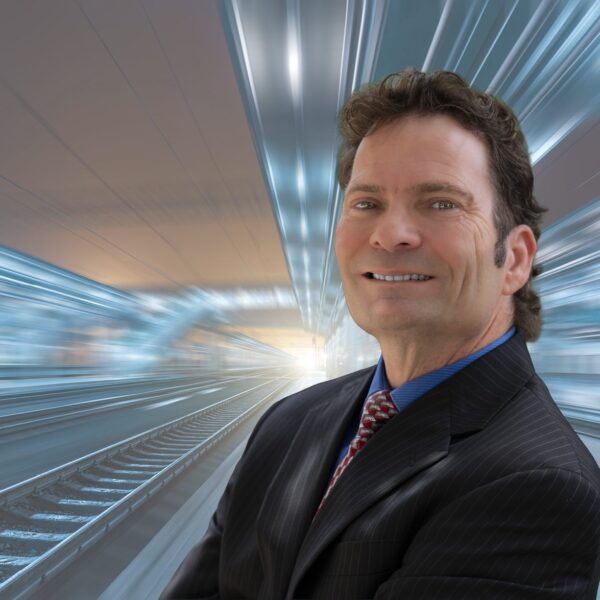
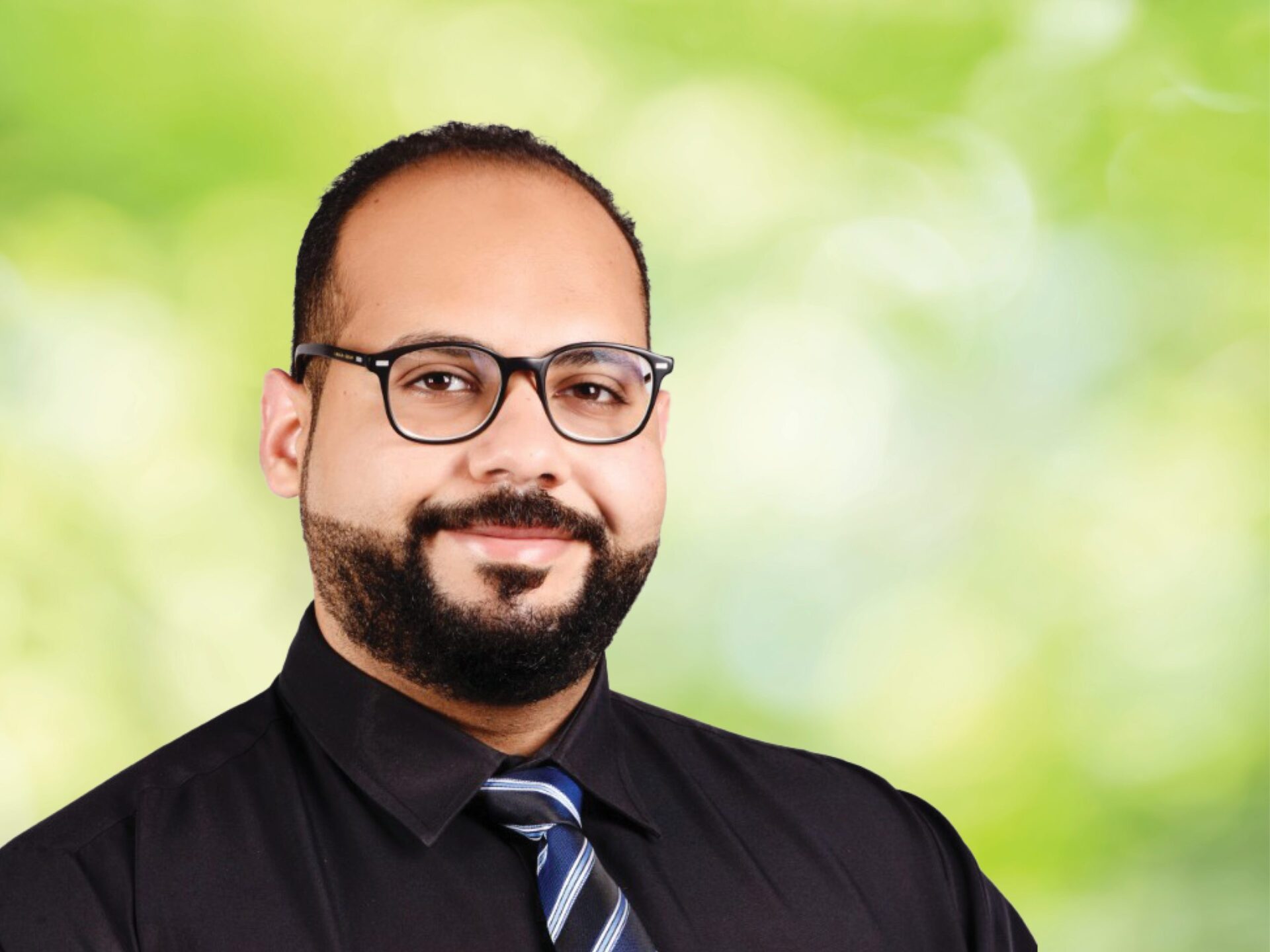
Getting Started
Vice President of Bahrain Operations Sharif Makki first encouraged Alzabeel to pursue LEED accreditation as Alzabeel is currently working on Bahrain International Airport’s (BAH) Modernization Program, a project that BAH is targeting for LEED Gold certification. Makki thought Alzabeel’s accreditation would be beneficial to the program, as well as to Alzabeel’s career.
“I didn’t know much about LEED accreditation at the time,” says Alzabeel, “but I was intrigued to learn more. As I did some research, I discovered that LEED is much more than a green building rating system. At its core, LEED is a global symbol of commitment to the betterment of planet earth and a holistic approach to enhance social cohesiveness, improve the efficiency of the built environment, and protect our natural resources. By utilizing a LEED approach as an industry, we encourage reliance on renewable energy and support the well-being of the people around us and of our ecosystems. Needless to say, I wanted to be a part of it.”
According to Alzabeel, the process for accreditation was straightforward. Preceeding registration, Alzabeel prepared for the exam using the U.S. Green Building Council’s proposed study plan. He then registered online and took the exam remotely due to the pandemic. And, on the first attempt, Alzabeel passed and demonstrated a stronger understanding of LEED building techniques and an enhanced appreciation of sustainability in the construction industry.
Moving Forward
His new accreditation has already proven useful at BAH, according to Alzabeel. After spending just two weeks becoming familiar with LEED requirements, he was able to begin coordinating with the project team and LEED consultants to help develop a strategy for achieving LEED Gold certification while still meeting the client’s budget, schedule, and quality goals.
Based on what he learned through his LEED experience, Alzabeel also identified ways for himself and other industry professionals to live and work more sustainably:
–Adapt design methodologies to a greener future by promoting daylight usage inside buildings, using green roofs, designing for appropriate ventilation, and optimizing the orientation and envelope of buildings for energy consumption.
-Avoid any sort of pollution including light, noise, waste, smoke, etc.
–Account for the amount of carbon dioxide you are producing on the job.
–Act in your everyday life, not just at work. The first step can be as easy as changing your eating habits and identifying ways to live more sustainably in your daily routine.
A Shift in Perspective
Ultimately, accreditation and the accreditation process gave Alzabeel a whole new perspective on how he views his job, his actions, his industry, and his home, planet earth. He says: “Professionally, I am glad I can bring more to my projects as a LEED accredited professional. I feel more confident in helping forward-thinking clients deliver the green projects they want delivered.
“I am also starting to think about areas where our industry can better itself. For example, I firmly believe that the American Society of Heating, Refrigerating and Air-Conditioning Engineers’ minimum requirements for ventilation must be imposed worldwide as a minimum acceptable standard—especially after this pandemic.
“Outside of work, I think more about the carbon footprint of my actions, my routine behavior, and how it affects my community and the world. I now think twice before buying products, taking a trip by car, and printing emails. I’ve started to consider what I eat and where it comes from. I even went so far as to encourage my landlord to install motion detectors for our building’s corridor lights and faucets. None of these things are cutting edge, of course—in our personal lives, most of us already know the things we should be doing to live greener. Sometimes it just takes some reinforcement to follow through. I’m glad LEED was able to do that for me.”
Go Green and Go LEED!
LEED accreditation reinforced Alzabeel’s knowledge, reshaped his perception of the built environment, and granted him an opportunity to review sustainability in his personal life. Because of this, Alzabeel advises other professionals: “Go green and go LEED! It is worth every minute and penny spent.”
This Earth Day we hope Hill employees will consider pursuing LEED accreditation. For more information about the process reach out to your supervisor or visit Hill University. Whether or not you decide to pursue LEED certification, and even if you already have your certification, make sure to take another step towards more sustainable living today!
Share

June 23, 2025 | Articles
Jeffrey Hurley Joins Hill’s Northern California Rail Practice
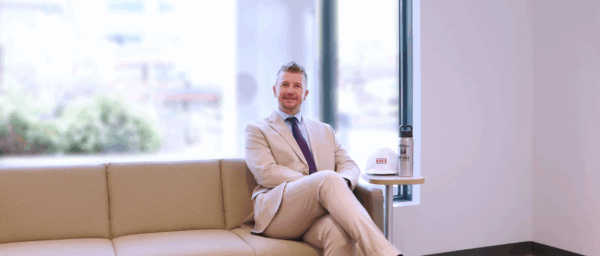
June 23, 2025 | Articles
Ready, Set, Grow: First VP Chad Koelling Takes Charge of Hill’s Mountain West Region
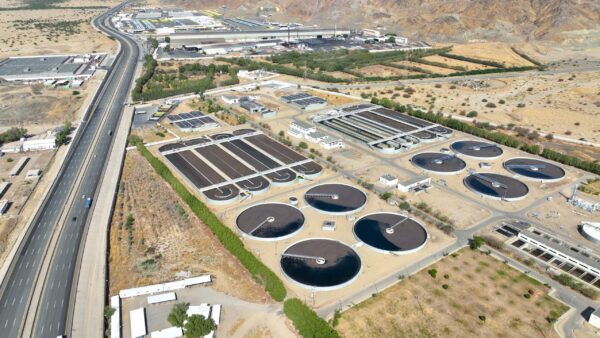
June 8, 2025 | Articles
PMO in Saudi Arabia: The Holistic Approach to Realizing a National Mega-Portfolio
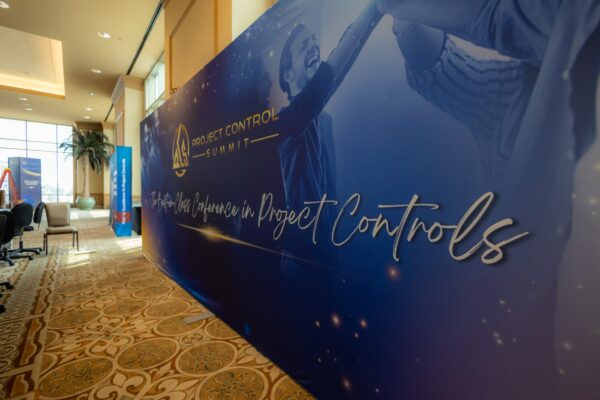
June 1, 2025 | Articles

May 26, 2025 | Articles
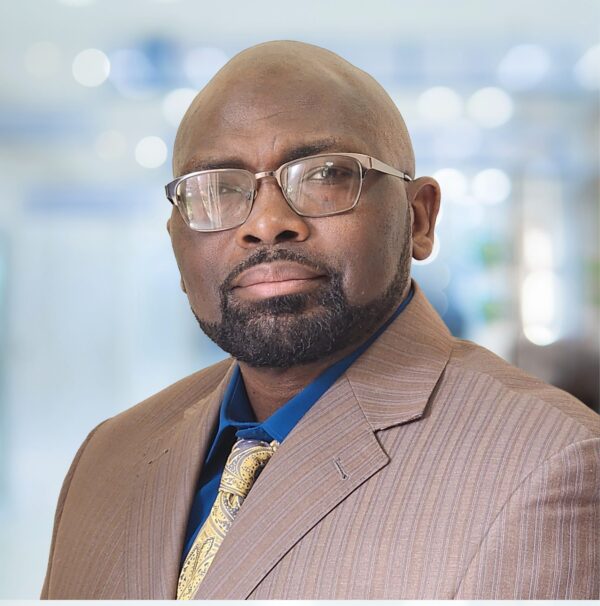
May 12, 2025 | Articles
Keeping Your Water/Wastewater Programs Flowing with Public Relations
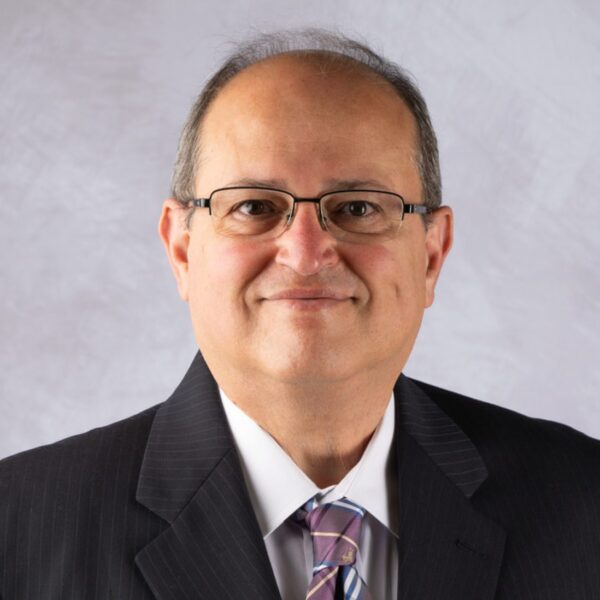
April 27, 2025 | Articles
Oiling the Machine: Steps to Successful Permitting on Infrastructure Megaprojects

April 20, 2025 | Articles
Sustainable Scaling: Solutions for Managing Risk on Europe’s Data Center Projects